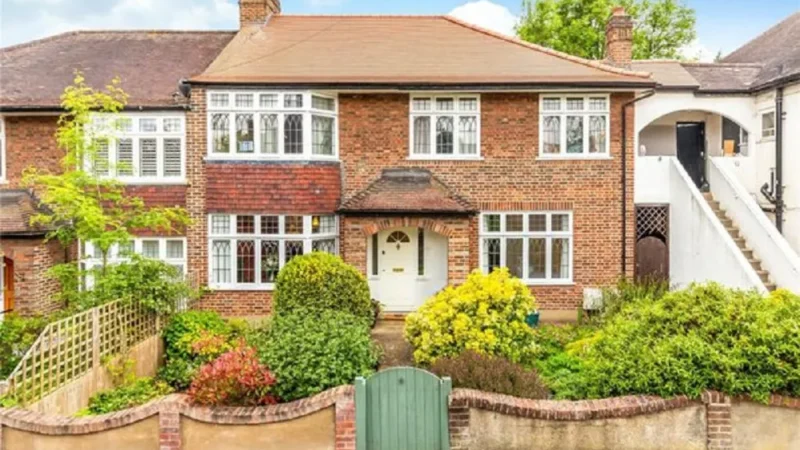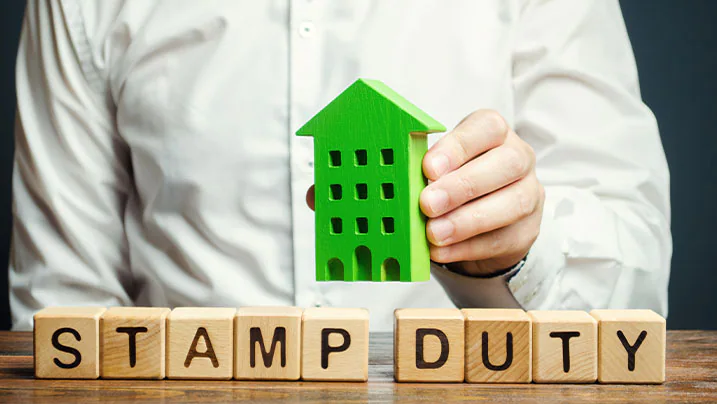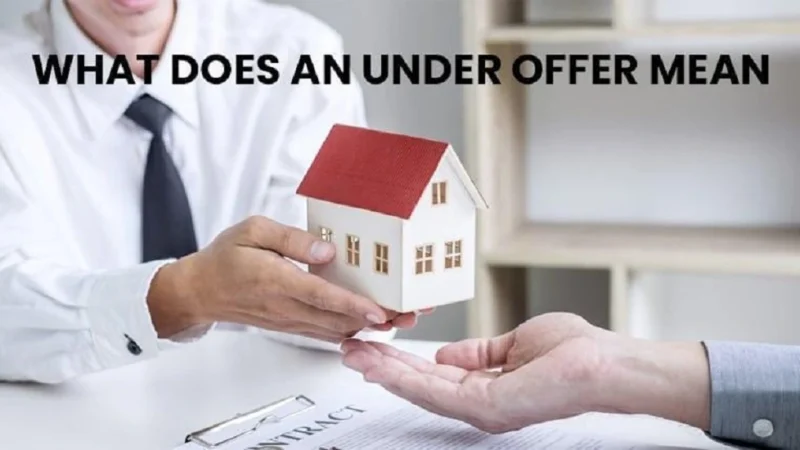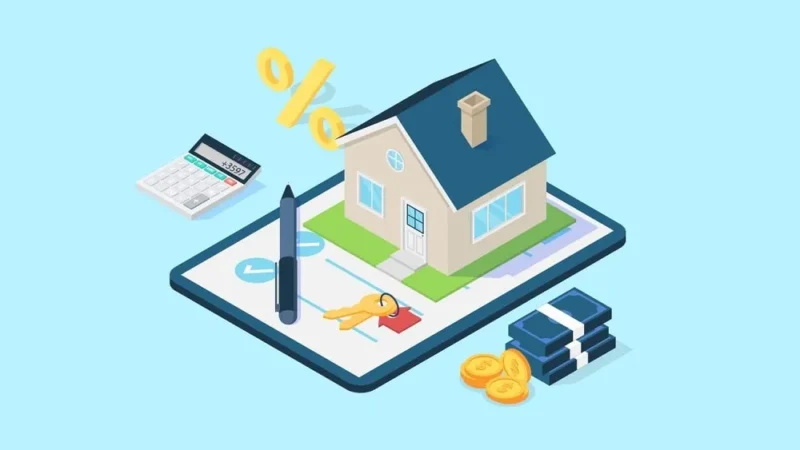How to Buy a House Before Selling Yours in the UK
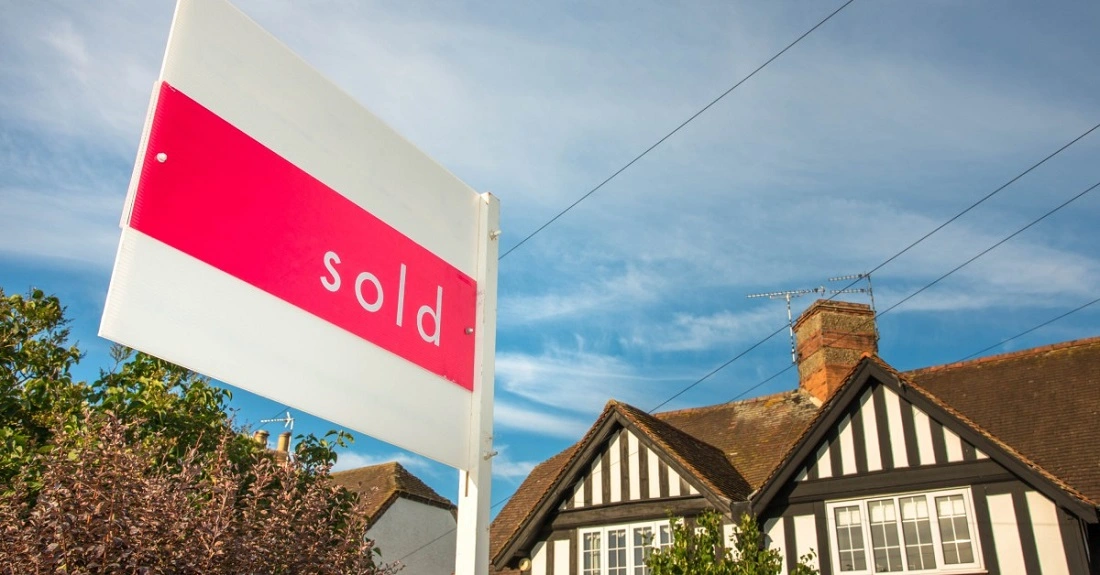
Table of Contents
ToggleBuying Before Selling House in the UK
Navigating the intricacies of purchasing a new home before selling your existing one in the UK requires careful planning and a strategic approach. This scenario, often encountered by homeowners seeking to upsize or relocate, involves a series of financial considerations, negotiations, and a well-coordinated timeline. Balancing the acquisition of a new property with the sale of your current one demands a clear understanding of the property market, financing options, and potential risks. Factors like bridging loans, contingency clauses, and effective communication with all parties involved play crucial roles in this process. This guide aims to provide insights into the steps and considerations involved in successfully orchestrating the purchase of a new house before finalizing the sale of your current residence in the dynamic landscape of the UK real estate market
Buying a house before selling your existing one in the UK can be tricky but sometimes necessary. Here are your options:
Without using a bridging loan:
- Sell and leaseback:Sell your current property but agree to rent it back for a fixed period while you find your new home. This gives you breathing room and avoids carrying two mortgages. However, potential downsides include finding a buyer willing to agree to this arrangement and potentially paying higher rent than your mortgage payment.
- Contingent offer:Make an offer on your dream home contingent on successfully selling your existing property. This can be risky as sellers may prefer offers without contingencies. Having your existing property realistically priced and ready to market quickly is crucial.
Using a bridging loan:
- Bridging loan:This is the most common method to finance a new house purchase before selling your current one. A short-term loan (typically up to 12 months) bridges the gap between buying and selling. Bridging loans offer flexibility but come with higher interest rates (6-20% compared to regular mortgages) and often require significant equity in your existing property.
Other options:
- Fast house buying companies:They offer guaranteed sale but at a discounted price compared to market value.
- Rebridging loans:If your bridging loan term ends and your existing property hasn’t sold, you can extend the loan with a rebridging loan, incurring additional costs.
- Buy-to-let mortgage:If you have enough equity, you can convert your existing mortgage to a buy-to-let and rent it out while buying your new home.
How to get a bridging loan
First, assess your financial pirouette. How much equity do you have waltzing in your existing property? Bridging loans, like strong arms, need at least 25% to hold onto. And remember your credit score, the silent melody lenders listen to. Aim for a harmonious tune to attract better options.
Next, scout the landscape of lenders. Familiar banks offer comfort, but their bridging steps can be rigid. Specialist providers, the flamboyant soloists, showcase more dazzling options but with potentially higher interest rates. Compare their rhythms, from interest rates to fees, to find the perfect partner for your dance.
Gather your documents and the score of your financial play. Proof of income, bank statements, and property details are your props. Craft a business plan, a map for your exit strategy, whether a swift sale or a slow refinance. Transparency is key, so open your financial book to the lenders.
Now, submit your application and your heartfelt plea for financial support. Present your case confidently, highlight your financial strengths, and don’t hesitate to negotiate the terms. Remember, a good broker or advisor can waltz alongside you, guiding your steps through the complexity.
What are the tax implications of buying a house before selling?
The tax implications of buying a house before selling your existing one in the UK depend on several factors:
- Capital Gains Tax (CGT):
- Selling your existing property: When you sell your primary residence (the one you lived in for at least two of the last five years), you can benefit from the “main residence” exemption on CGT. This means you won’t pay CGT on any profit you make from the sale.
- If you haven’t lived in your existing property for two of the last five years, any profit from the sale will be subject to CGT. The tax rate is 20% for basic and 40% for higher-rate taxpayers.
- Stamp Duty Land Tax (SDLT):
- Buying your new property: You will pay SDLT to purchase your new home. The rate depends on the purchase price and whether you are a first-time buyer.
- Owning two properties: If you own two properties simultaneously, you’ll pay an additional 3% SDLT surcharge on purchasing your new home. This surcharge applies until you sell your existing property.
- Bridging Loan Interest:
- Suppose you use a bridging loan to finance your new home purchase before selling your old one. In that case, the interest payments on the loan are usually tax-deductible against your rental income from your existing property.
- Council Tax:
- You will be liable for council tax on both properties until you sell your existing one.
Can I make an offer on a house before I’ve sold my own?
Yes, you can absolutely make an offer on your dream home while your current one still occupies the dance floor. It’s a bold move, offering potential speed and freedom from gazumping, but be prepared for a more energetic financial pirouette. You’ll likely juggle two mortgages, face potential delays, and need to convince sellers you’re more than just a phantom footloose bidder. Pre-approval, competitive offers, and even bridging loans can strengthen your steps. Remember, like any tango, careful planning and a steady head are key. So, assess your finances, research the market, and step onto the floor and waltz with confidence if your heart truly whispers for that new abode!
Should I buy before selling?
Pros:
- Grab your dream home:Don’t miss out on that perfect property while waiting to sell yours.
- Negotiating power:Cash buyers (those selling and buying simultaneously) often have greater negotiating leverage.
- Avoid gazumping:Secure your dream home without the constant fear of another offer stealing it.
- Faster move-in:You could potentially move into your new home sooner, especially if your current one sells quickly.
Cons:
- Financial burden:Carrying two mortgages simultaneously can be stressful and strain your budget.
- Increased risk:Unpredictable delays in selling your current home can lead to financial and emotional strain.
- Seller skepticism:Some sellers might be hesitant to accept an offer from a buyer not in a chain (meaning contingent on selling their current home).
- Double the hassle:Dealing with two house moves, potentially at the same time, can be tiring and disruptive.


